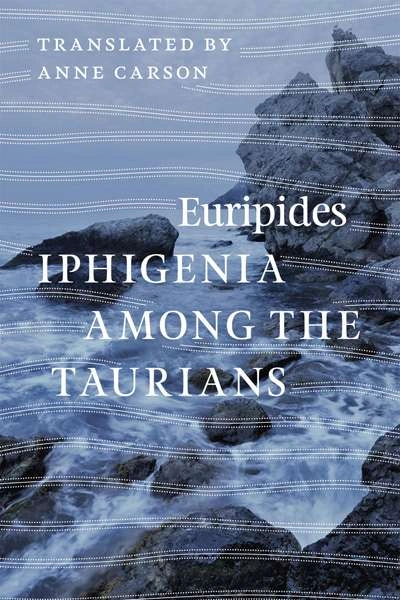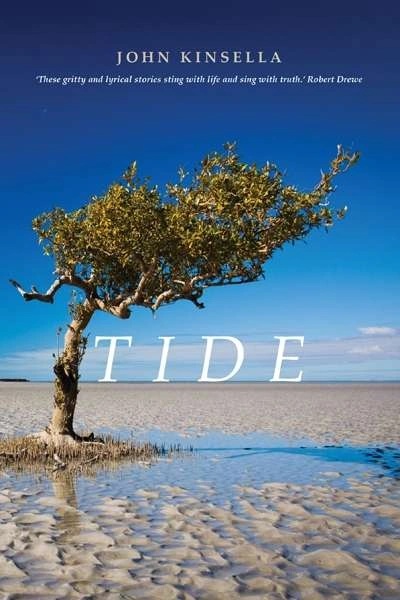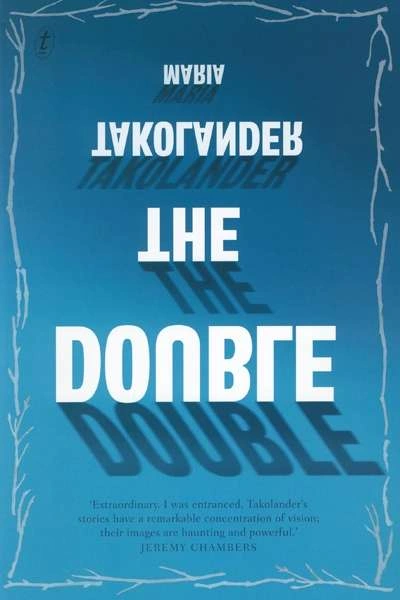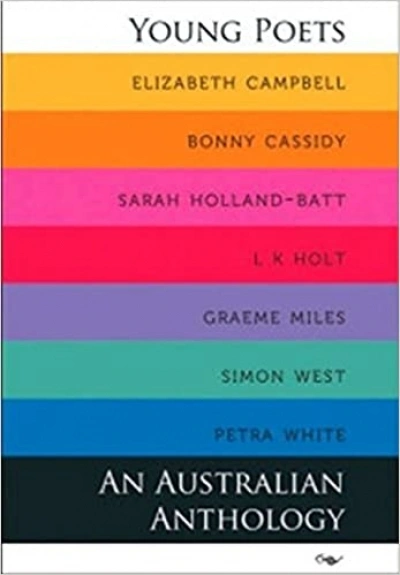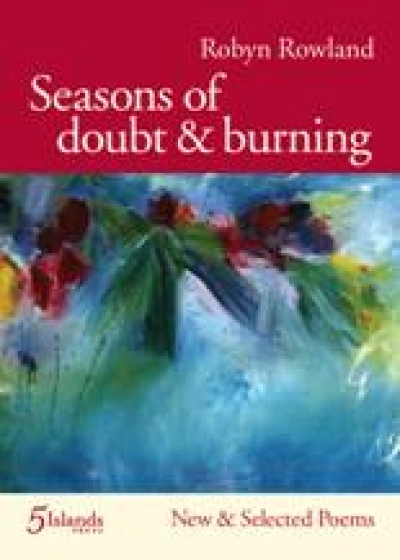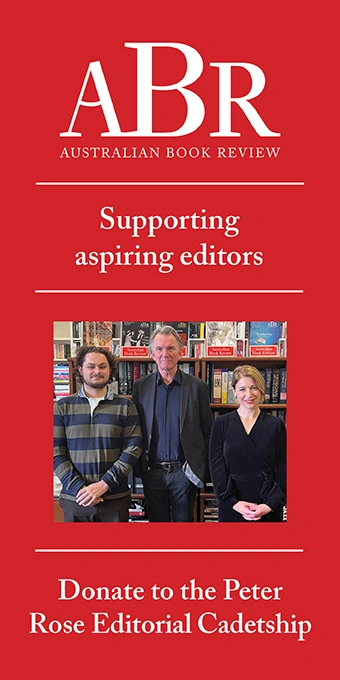Maria Takolander
Iphigenia among the Taurians by Euripides (translated by Anne Carson)
In the spirit of our annual ‘Books of the Year’ feature, in which we ask a range of writers and critics to nominate their favourite new fiction and non-fiction titles, we asked ten Australian short story writers to nominate their favourite short story collections and individual stories. As this is the first time we have run a short-story themed feature of this nature, our ten writers were free to nominate older titles if they wished to do so. Our only request was that at least one of their selections should have been published recently and that at least one be by an Australian author.
... (read more)What makes a story compelling? When I was an undergraduate student at Deakin University, I was fortunate enough to be instructed in fiction writing by Gerald Murnane. His key criterion for the worth of a story was its capacity to mark his memory with an enduring image. Over time he used to cull books from his shelves that failed to impress him in this way.
... (read more)legendary discovery by Sigismund Freud
(also known as Golden Sigi)
and
no other
Young Poets: An Australian anthology edited by John Leonard
Let us take a look at this place. Marshlands. All the way to the horizon. The land drained, but nevertheless sinking. Sinking into nothing, nothing but itself. Frogs volleying noise in the grass unseen. The hazy movement of mosquitoes low to the ground. On a blade of swamp grass a sleek cricket. Blacker than night and – look closely – its antennae twitching. Just think: there must be more of those creatures, in their thousands, perhaps millions, hiding in the swamp grass as far as your eye can see.
... (read more)

